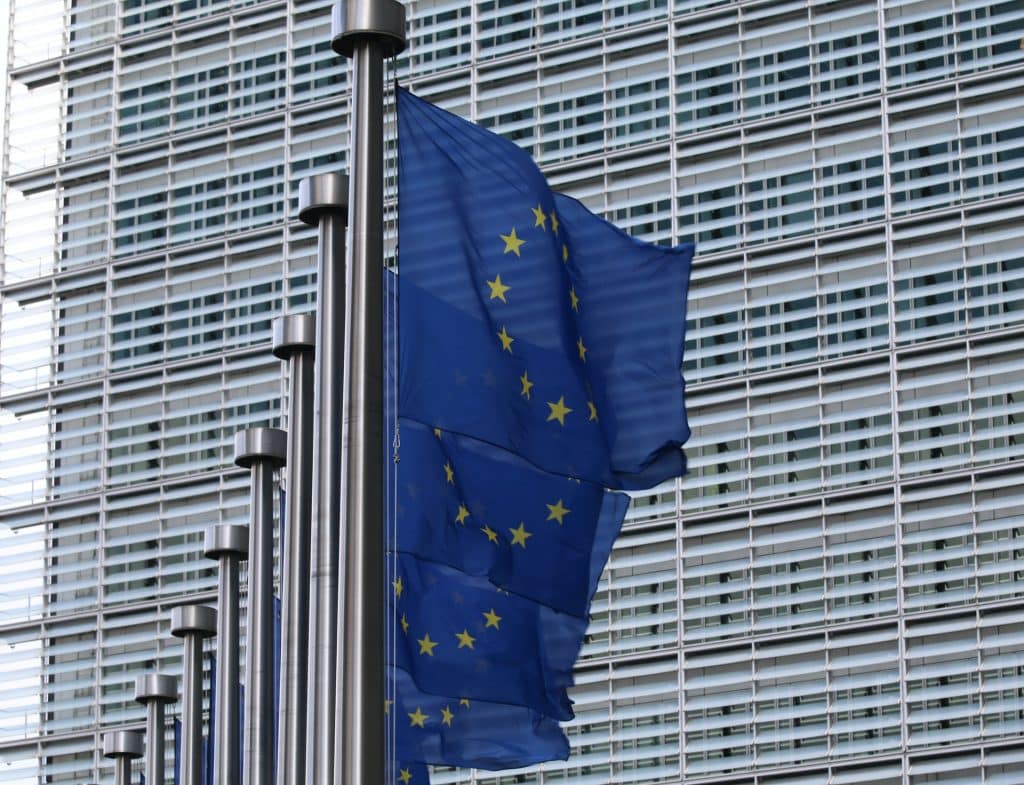In a significant policy shift, Apple has indicated its intention to grant third-party mobile payment services access to the near-field communication (NFC) technology in iPhones across the European Union (EU).
This move marks a departure from the company’s long-standing policy of restricting NFC technology to Apple Pay since its introduction in 2015.
The decision, initially rumoured in December, was recently confirmed with Apple stating its commitment to the European Commission.
“Through our ongoing discussions with the European Commission, we have offered commitments to provide third-party developers in the European Economic Area with an option that will enable their users to make NFC contactless payments from within their iOS apps, separate from Apple Pay and Apple Wallet,” Apple expressed to The Wall Street Journal.
This commitment, however, seems limited to the EU, with no current plans to extend similar access outside this region, as noted by The Verge.
Apple’s commitment comes in the wake of increased scrutiny from EU regulators. In May, the European Commission intensified its investigation into Apple’s practice of limiting third-party access to its onboard NFC chip. The commission accused Apple of anti-competitive behaviour, suggesting that restricting the iPhone’s NFC technology to Apple Pay could hinder other companies from entering the mobile payment market.
This investigation followed earlier concerns raised in 2019 when EU investigators sought feedback from payment companies regarding Apple Pay. The central issue was Apple’s exclusive use of the iPhone’s NFC chip for Apple Pay, potentially barring other companies from the mobile payment arena.
Apple’s restrictive practices have not gone unnoticed in other regions. Following the launch of Apple Pay, Australian banks were among the first to challenge Apple’s control over NFC technology. These banks attempted to boycott Apple Pay to negotiate access to the NFC hardware within Apple devices for third-party use. However, their efforts were thwarted in 2017 when the Australian Competition and Consumer Commission denied the boycott request.
Under the proposed new arrangement, Apple would be obliged to provide NFC access for a decade and could face fines of up to 10% of its global annual turnover in the event of its failure to comply with the commitments.
